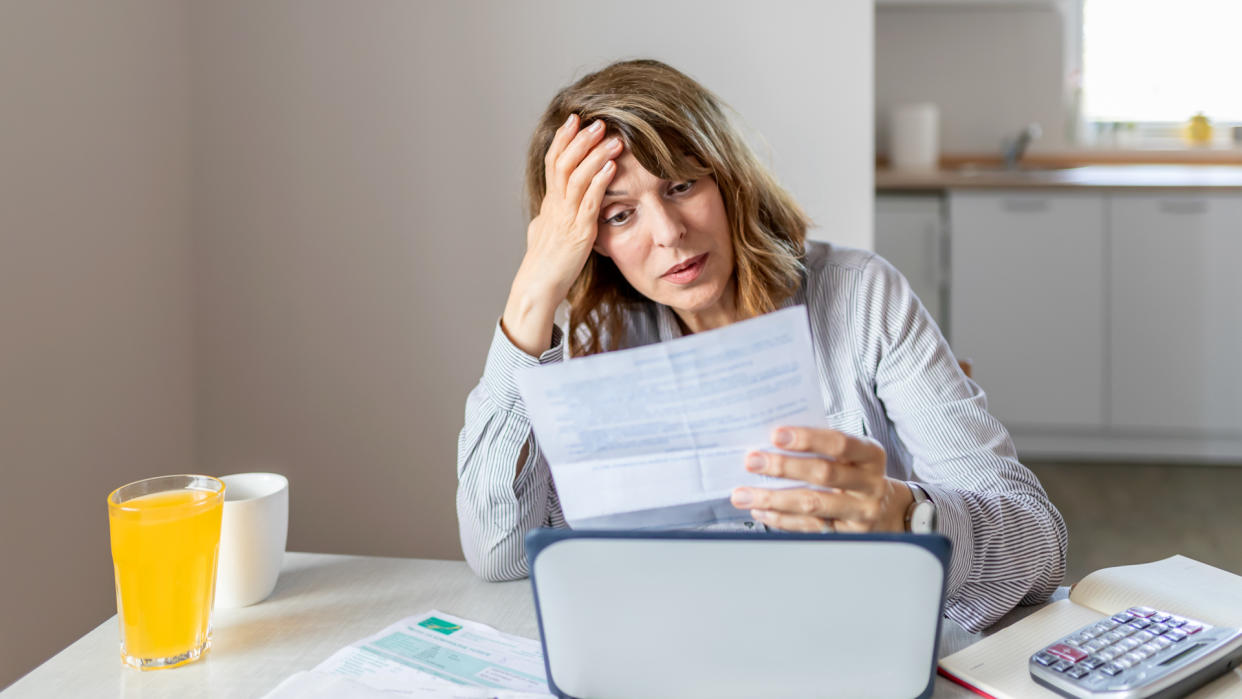What You Need To Know About Social Security If You Are Unemployed

Most older adults count on receiving Social Security benefits as early as age 62 and well into retirement. For some people, these benefits are a major chunk of their income. For others, they are just a piece in the retirement puzzle. But in all cases, you must be employed throughout your life — from 10 to 35 years — in order to earn credit for the benefits.
Find Out: 8 States To Move to If You Don’t Want To Pay Taxes on Social Security
For You: 9 Easy Ways To Build Wealth That Will Last Through Retirement
So what happens to your Social Security benefits when you’re unemployed, whether or not you’re collecting unemployment funds? Let’s break it down.
Collecting Unemployment Benefits
When someone loses a job through no fault of their own and is unable to find a new one for a while, they typically qualify for the U.S. Department of Labor’s federal unemployment benefits, which are administered through each state.
Every state has slightly different eligibility requirements, but typically there is a base period in which the applicant needs to have worked in order to qualify for unemployment. Many people may begin receiving their first check within two weeks of filing their application. The average person can receive up to about 26 weeks worth of unemployment benefits, but must show that they are pursuing work in the process.
If you lose a job at fault, you typically can’t qualify for unemployment benefits.
Be Aware: 2 Changes Are Coming to Social Security in 2025
When Income Isn’t Income
If you do receive unemployment benefits, that income will not count toward your Social Security benefits because the Social Security Administration does not acknowledge unemployment income as earnings. This is not great news if you were hoping to keep earning your Social Security credits during your term of unemployment.
Additionally, if you are already receiving Social Security income, that could reduce the amount of unemployment compensation you receive, as can any 401(k) or IRA plan disbursements you are already taking.
Don’t Panic
While it may feel scary to think of not being able to earn valuable Social Security credits while unemployed, there’s no need to panic. You started earning Social Security credits as soon as you began working, so long as you’re not unemployed for multi-year stretches in your highest income-producing years, you’ll be OK by the time you reach retirement age.
Worst case scenario, you can always delay taking Social Security benefits to put in a few more years of work to earn more Social Security credits.
While a bit of time being unemployed shouldn’t eat too much into your eventual Social Security benefits, it’s always good to have additional retirement savings, be it in tax-advantaged retirement accounts, such as 401(k)s or IRAs, or other investments.
More From GOBankingRates
6 Subtly Genius Moves All Wealthy People Make With Their Money
America's 50 Fastest-Growing Suburbs With Home Values Under $500,000
I'm a Debt Expert: Here's How Social Media Warps Our Perceptions of Debt
This article originally appeared on GOBankingRates.com: What You Need To Know About Social Security If You Are Unemployed
